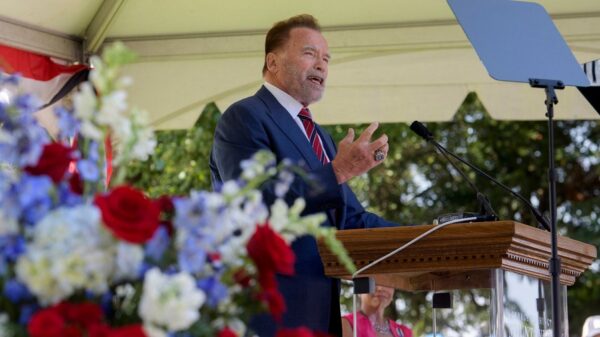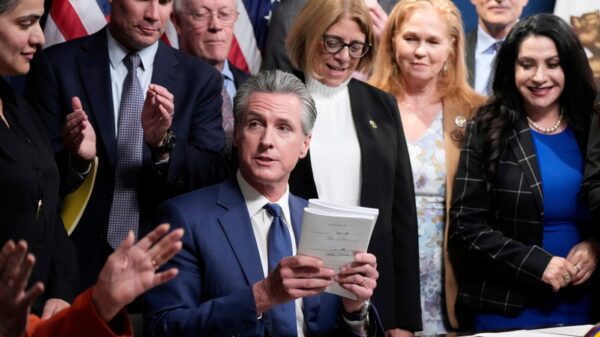California is witnessing a heated debate over proposed changes to its congressional redistricting process, with some lawmakers arguing that political insiders are attempting to regain control. Suzette Valladares, a senator representing the 23rd Senate District, has voiced strong opposition to the new proposals, asserting they threaten the integrity of a system designed to prioritize public interest over political gain.
The controversy has emerged in the wake of efforts by Sacramento Democrats to alter the redistricting framework established through Proposition 11 and Proposition 20. These voter-approved measures created the Citizens Redistricting Commission, which was intended to prevent politicians from drawing district lines for their own benefit. Valladares argues that the current push is not a response to external pressures but rather a calculated attempt by political elites to reclaim power over the process.
Valladares emphasizes that the commission has become a “gold standard” for transparency in redistricting. She notes that it allows for public oversight, with commissioners who are prohibited from running for office for ten years after their term. This safeguard, she argues, is crucial in ensuring that the interests of the electorate are represented fairly and without bias.
The senator highlights the significant achievements that have come from this system, including increased representation of women and people of color in California’s legislature. Valladares recalls the moment her daughter witnessed her being sworn into office, underscoring the historic progress made under the current redistricting model.
However, recent developments have raised concerns about the integrity of this process. Valladares claims that secret meetings and hurried legislative proposals are undermining the public trust that the commission was designed to build. She characterizes the current changes as a “bait and switch,” designed to reestablish control for politicians who have historically resisted the commission’s establishment.
The proposal to shift redistricting power back to politicians has sparked widespread criticism, with Valladares asserting that it threatens to create less competitive districts that serve the interests of political insiders rather than the public. She argues that the legislature should be held to the same standards as the commission, advocating for a ten-year ban on legislators drawing maps. This proposal was rejected by her colleagues, which Valladares sees as indicative of their true motivations.
According to Valladares, the initiative to amend the redistricting process is being driven by those who have continuously opposed the commission. She describes the current push as a “blatant, unconstitutional attempt to seize power,” warning that it could undermine the democratic principles that California voters support.
The implications of these changes extend beyond party politics, as Valladares stresses that this issue affects all Californians. It challenges the values of fairness and transparency that are fundamental to the democratic process. She calls on her fellow citizens to remain vigilant and oppose any efforts that would diminish their voice in how district lines are drawn.
Valladares concludes by urging Californians to vote against this initiative when it reaches the ballot, emphasizing that it is essential to protect the democratic reforms that have been hard-won. She believes that maintaining a fair and open redistricting process is vital for the state’s future representation and governance.
As the debate continues, the eyes of California remain fixed on Sacramento, where the outcome will determine not only the shape of congressional districts but also the integrity of political representation in the state.


































































